- Home
-
New Testament
- Introduction
- Gospel of Matthew
- Gospel of Mark
- Epistle of James
- First Epistle of Peter
- Second Epistle of Peter
- The Epistle of Jude
- The Gospel of Luke
- Acts of the Apostles
- Epistle to the Romans
- First Epistle to the Corinthians
- Second Epistle to the Corinthians
- Epistle to the Galatians
- Epistle to the Ephesians
- Epistle to the Philippians
- Epistle to the Colossians
- First Epistle to the Thessalonians
- The Second Epistle to the Thessalonians
- Epistle to the Hebrews
- First Epistle to Timothy
- Second Epistle to Timothy
- Epistle to Titus
- Epistle to Philemon
- Gospel of John
- First Epistle of John
- Second Epistle of John
- Third Epistle of John
- Revelation of Yahshua Christ
- Addendum: Wisdom of Solomon
- Appendix A: Terms for God and Christ
- Appendix B: The Devil and Satan
- Errata
- Utilities
- References
-
Articles
- Ancient History and Archaeology
- Anti-White Politics
- Antichrist News
- As Seen in Social Media
- Bible Discussion
- Christian Identity Directions
- Jewish Ritual Murder
- Media Watch - Fake News
- Miscellany
- Political Issues
- Recent History
- Saxon Messenger Editorials
- Social Issues
- Things to Consider
- White Nationalism
-
Essays
- The Race of Genesis 10
- Identifying the Phoenicians
- Classical Records of the Dorian & Danaan Israelite-Greeks
- Classical Records of Trojan-Roman-Judah
- Herodotus, Scythians, Persians & Prophecy
- Classical Records of the Origins of the Scythians, Parthians & Related Tribes
-
Classical Records and German Origins, Index
- Classical Records and German Origins, Part One
- Classical Records and German Origins, Part Two
- Classical Records and German Origins, Part Three
- Classical Records and German Origins, Part Four
- Classical Records and German Origins, Part Five
- Classical Records and German Origins, Part Six: Who are the English?
- Germanic Origins in Maps, circa 721 BC to 1066 AD
- English is from Hebrew - Words and Definitions
- Baptism - In What?
- Broken Cisterns
- Heirs of the Covenant
- Misconceptions Concerning Paul and the Church
- Shemitic Idioms and Genesis Chapter Three
- Should Christians Embrace the Jews?
- Sin and the First Epistle of John
- The Divorce Discourse: Luke 16:16-18
- The Immigration Problem and Biblical Prophecy
- The Problem With Genesis 6:1-4
- The Seed of Inheritance
- Translating John 1:11-13
- Translating Luke 16: 8 & 9: The Parable of the Unrighteous Steward
- Which Is It, "Lord", or "Yahweh"?
- Yahshua To Jesus: Evolution Of A Name
- Yahweh's Anointed: The Children of Israel
-
William Finck vs. the Paul-bashers
- Preface
- Table of Contents
-
Graber - Introduction
- Graber - Section A, B
- Graber - Section C, C2
- Graber - Section D, E
- Graber - Section F
- Graber - Section G
- Graber - Section H
- Graber - Section I
- Graber - Section J, J2
- Graber - Section K, L, M, N
- Graber - Section O, P, Q
- Graber - Section R
- Graber - Section S, S2
- Graber - Section T, U
- Graber - Section V and Conclusion
- Paul Was Not a Misogynist!
-
Douglas - Introduction
- Douglas - Section 01, 02, 03
- Douglas - Section 04, 05, 06
- Douglas - Section 07, 08
- Douglas - Section 09, 10
- Douglas - Section 11, 12
- Douglas - Section 13, 14
- Douglas - Section 15, 16
- Douglas - Section 17, 18
- Douglas - Section 19, 20, 21, 22
- Douglas - Section 23, The Life of Douglas Icon John Spong
- Douglas - Section 24, 25, 26, 27
- Douglas - Section 28, 29, 30, 31, 32, 33
- Douglas - Section 34, 35
- Douglas - Section 36, 37
- Douglas - Section 38, 39, 40, 41
- Douglas - Section 42 (Nietzsche, Τάρταρος and Ἅιδης)
- Douglas - Section 43 (Dead Sea Scrolls)
- Douglas - Section 44, 45, 46, 47, 48
- Douglas - Section 49a, b, c
- Douglas - Section 50, 51, 52
- Douglas - Section 53, 54
- Douglas - Section 55, 56, 57
- Douglas - Section 58, 59
- Douglas - Section 60 (Habakkuk 2:4 & 5)
- Douglas - Section 61, 62, 63, 64, 65
- Douglas - Section 66, 67, 68, 69
- Douglas - Section 70a, b
- Douglas - Section 71, 72, 73, 74
- Douglas - Section 75, 76 & 77a, b, c
- Douglas - Section 78, 79a & b
- Douglas - Section 80, 81, 82, 83
- Douglas - Section 84, 85, 86 (end)
-
Projects
- Christogenea Books
- Streaming Radio
- Bertrand Comparet Project
- Christogenea Media Sharing
- Christogenea εν Γλωσσαις
- Clifton Emahiser's Watchman's Teaching Letters
- Dixie Project
- John844.org
- Lithobolos.net
- Mein Kampf Project
- Paul Senstius
- Race and Crime in Iowa
- Voice Chat Server
- Wesley Swift
- The Christogenea Forum
- The Saxon Messenger
- Wednesdays Bible Studies
- Other Christogenea Projects
- Videos
- Commentaries and Podcasts
Breadcrumbs
Christogenea is reader supported. This month's support level is reflected in the graph below. See our Contact page for a mailing address and other ways to support Christogenea.
100%

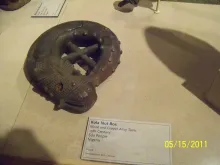
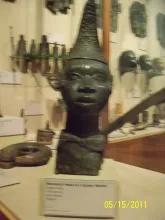
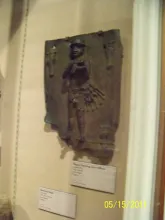
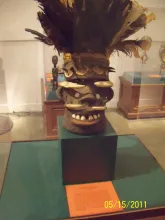
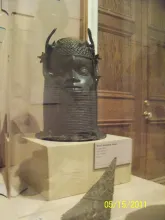
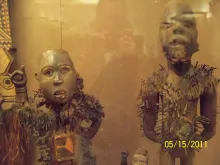
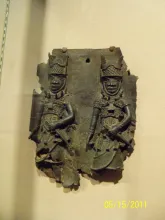

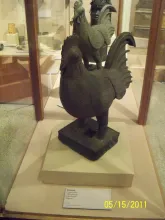
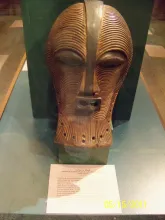
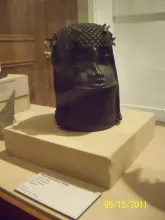

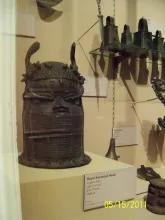
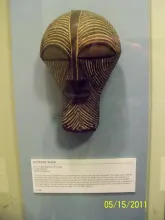
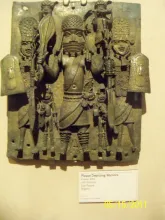
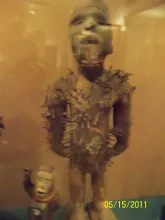
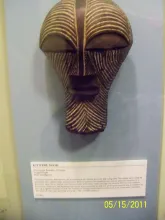
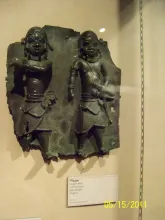




 Please click here for our mailing list sign-up page.
Please click here for our mailing list sign-up page.








Recent comments